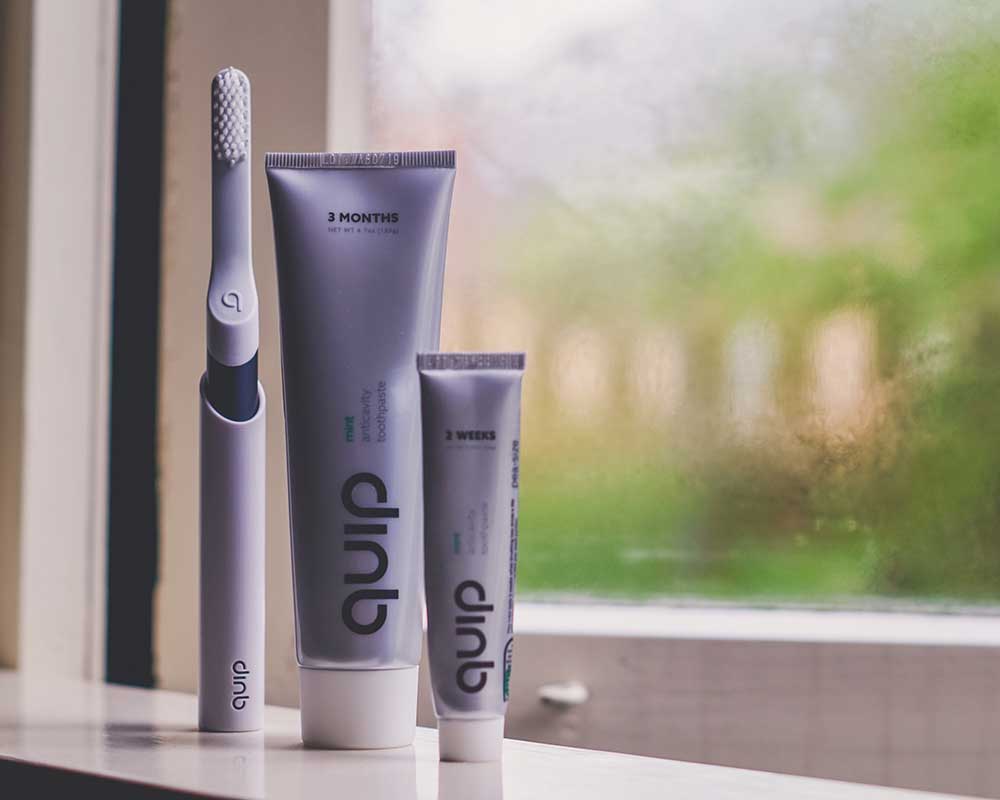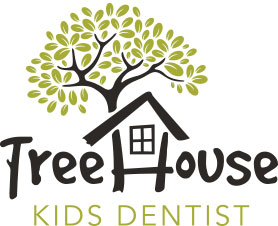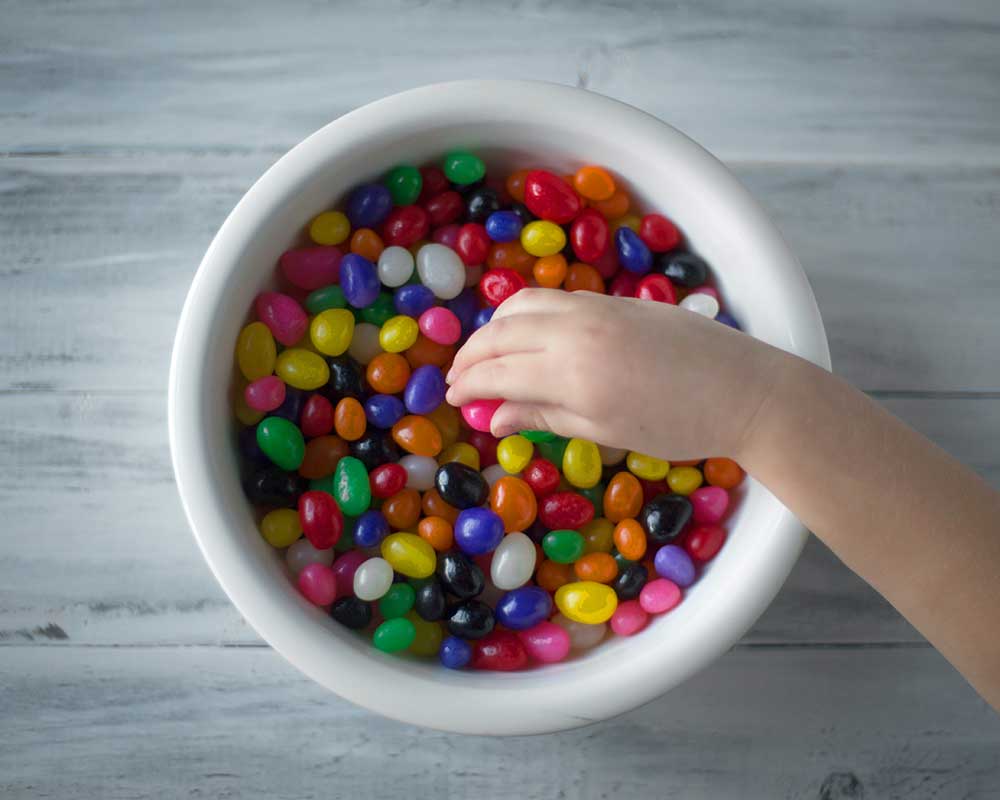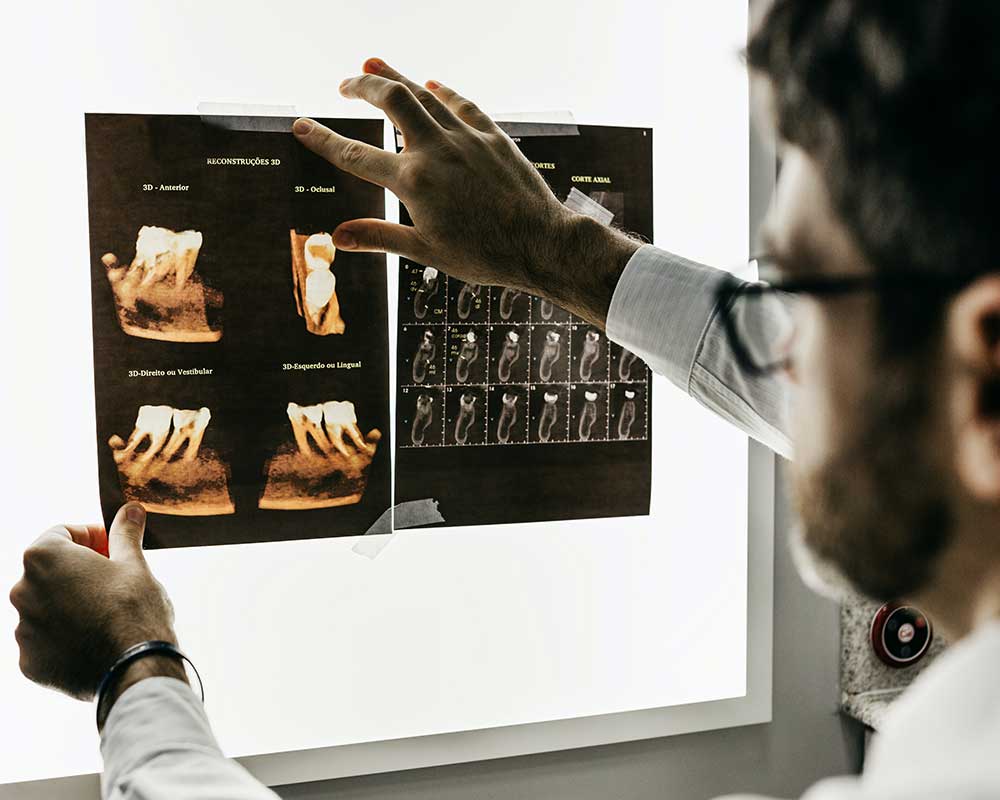
Parents often ask me if I think their child would benefit from using an electric toothbrush versus a manual toothbrush. Here’s the best answer I’ve come up with: whichever one kids will use to brush their teeth, use that!
Numerous studies have been done proving the effectiveness of electric toothbrushes. On average, after 3 months of use, people who used electric toothbrushes saw their plaque reduced by 21% and gingivitis reduced by 11%.
There are several main reasons why I believe electric toothbrushes are better for kids. One, they have built-in timers to promote longer brushing. Two, kids tend to be more focused on brushing when using an electric toothbrush. And three, there are so many fun, engaging, helpful apps that sync with electric toothbrushes that kids actually look forward to brushing their teeth.
Here’s to happy, healthy smiles in 2020!




Recent Comments